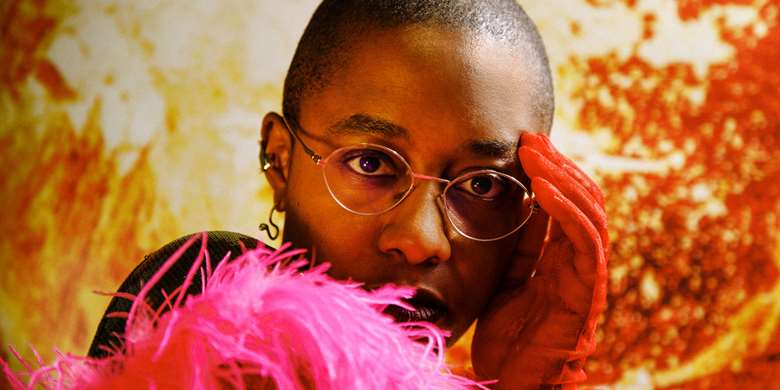“I sang the whole song in the shower, and then frantically I rushed to find a recording device” | Cécile McLorin Salvant: Mischief and Magic
Thursday, March 3, 2022
Cécile McLorin Salvant is one of the music’s great communicators. Kevin Le Gendre met her to discuss her album Ghost Song and found the singer in a garrulous but thoughtful mood


Register now to continue reading

Thank you for visiting Jazzwise.co.uk. Sign up for a free account today to enjoy the following benefits:
- Free access to 3 subscriber-only articles per month
- Unlimited access to our news, live reviews and artist pages
- Free email newsletter
